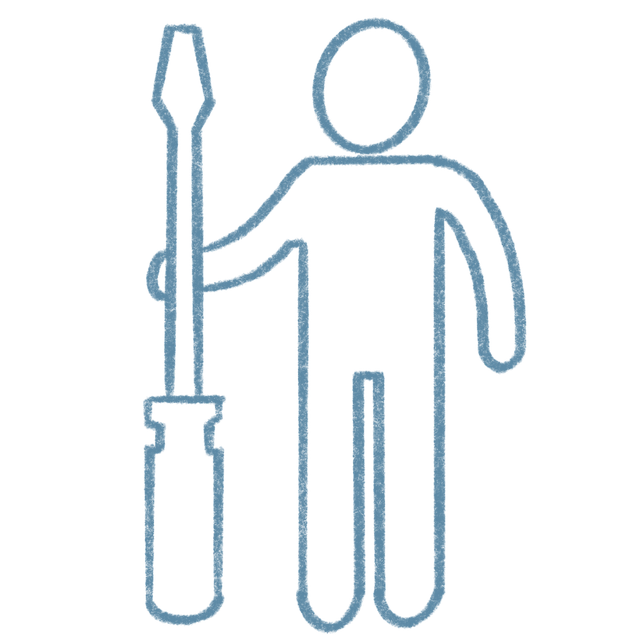
Owning a home means maintenance—some tasks pop up unexpectedly, others are long overdue. While do-it-yourself (DIY) projects can save money and bring satisfaction, not every issue should be handled with a YouTube tutorial and a trip to the hardware store. Knowing when to roll up your sleeves and when to bring in a qualified professional is crucial for your safety, your home’s integrity, and your budget.
Assess the Complexity
The first step is to honestly assess the complexity of the task. Painting a room, fixing a loose cabinet hinge, or replacing a faucet washer are generally safe for most homeowners to attempt. These jobs require basic tools and minimal risk.
However, once a job involves structural work, gas lines, electrical wiring, or plumbing beyond simple clogs, it often crosses into professional territory. Mistakes in these areas can be costly—or dangerous. For example, improperly installed wiring can lead to fire hazards, while a botched roofing repair might cause water damage that isn’t immediately visible.
Understand Local Codes and Permits
Certain work, especially involving electrical or structural changes, may require permits and must meet building codes. A licensed professional understands local regulations and ensures the work is compliant. Skipping this step can lead to complications when selling your home or dealing with insurance claims.
Weigh Time vs. Skill
Even if you have the skills, do you have the time? A weekend project can quickly turn into a weeks-long ordeal if you’re juggling work and family responsibilities. If a task disrupts essential functions—like heating, water, or kitchen access—consider how long you can go without them. Pros bring not only expertise, but efficiency.
Consider the Tools
Some jobs demand specialized tools that aren’t worth purchasing for one-time use. Renting is an option, but only if you’re confident in using the equipment safely and effectively. Otherwise, hiring someone with the right tools and experience often ends up being more cost-effective.
Factor in Risk
Ask yourself: What could go wrong, and what would it cost to fix it? If a mistake could result in injury, expensive repairs, or voided warranties, it’s wise to leave it to a trained professional. A qualified contractor carries insurance that protects both parties in case something goes wrong.
Final Thought
Being hands-on with your home is empowering, but wisdom lies in knowing your limits. A successful homeowner isn’t someone who does it all—it’s someone who makes informed decisions about when to do it themselves and when to call in the right help.

Recent Comments